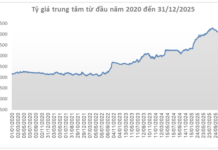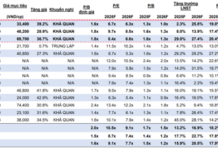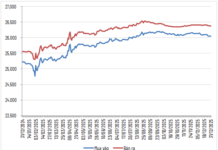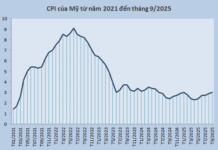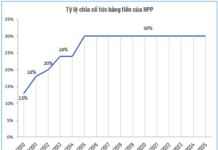At the Coffee Talk event on the morning of September 10, hosted by CBRE Vietnam, the topic of discussion was “New Changes in the 2024 Market.” Mr. Vo Huynh Tuan Kiet, Director of the Residential Project Marketing Division at CBRE Vietnam, shared his insights on how three amended laws related to the real estate market (Land Law, Housing Law, and Business Law) will significantly impact homebuyers, investors, and developers.

Coffee Talk, August 10
One notable change is the Land Law amendment, which removes the land price framework and adopts market-based pricing. This means individuals wishing to change the purpose of their land will face taxes up to ten times higher than the current rates once the new regulation takes effect.
The amended Business Law also includes noteworthy points that could benefit homebuyers and indirectly filter out less scrupulous developers. For instance, it limits down payments for apartments and off-plan properties to 5%, indicating that developers must have robust legal and financial standing. It also mandates that developers fulfill their financial obligations before selling, providing peace of mind to homebuyers.
Additionally, all transactions, including real estate transfers, must be made through banks, and the actual transaction price must be declared to curb dual-pricing practices. Furthermore, developers can now only collect up to 50% of the property’s value before handing over the keys, compared to the previous limit of 70%.
Another change is the prohibition of land subdivision and plot sales in cities of type I, II, and III, requiring developers to build houses and complete infrastructure before selling. However, individuals are still permitted to subdivide their land in accordance with the law and minimum area regulations.
The Housing Law amendment includes a provision allowing overseas Vietnamese to acquire real estate in Vietnam through inheritance or purchase. This change is expected to attract remittances and provide convenience for overseas Vietnamese looking to invest or buy property in their homeland.
The law also expands the eligibility for social housing purchases to include students and offers incentives to developers, such as preferential land use fees and land lease rates.
At the event, Ms. Yen Nguyen, Head of Research and Consulting at CBRE Vietnam, shared her outlook on apartment prices. She predicted that apartment prices are unlikely to decrease due to the presence of reputable and financially strong developers with clean land funds. With projects now required to have complete legal documentation before construction, developers have no reason to sell their products at average prices and must instead offer them at market rates.
“The affordable housing segment will become extinct, and the mid-range segment will no longer be profitable for developers,” Ms. Yen predicted. “Going forward, Ho Chi Minh City’s apartment market will likely only offer high-end products, while the mid-range segment may not see new supply until after 2026.”







